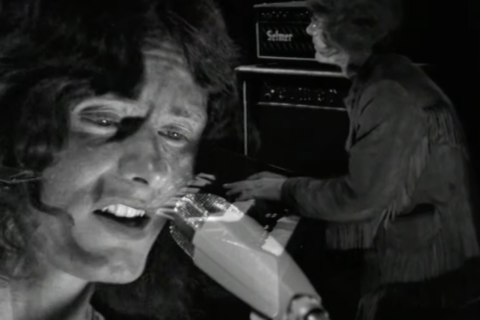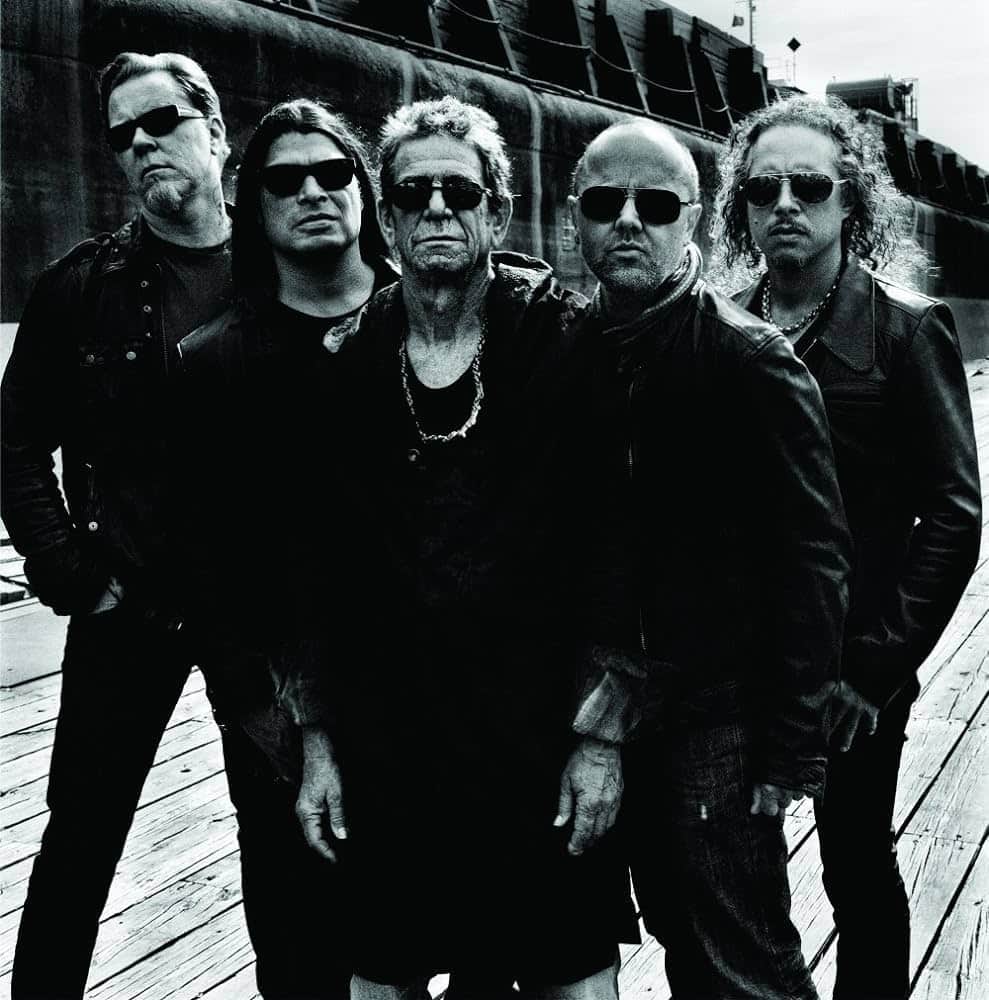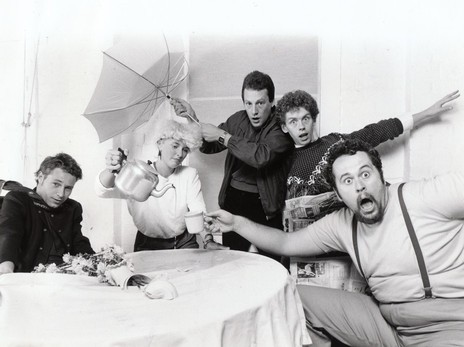To celebrate New Zealand Music Month GARY STEEL reaches far back into his archives for a piece he wrote on musician Phil Bowering.
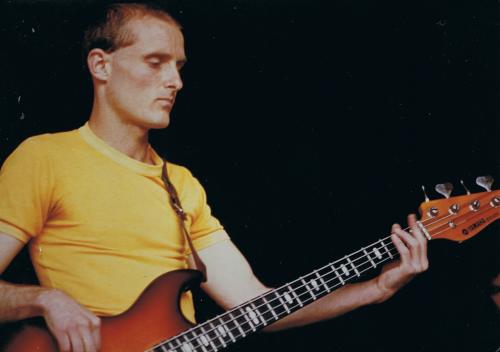 I was in pain. My interview subject was across the other side of town, and I couldn’t walk very well. Sciatica can be crippling.
I was in pain. My interview subject was across the other side of town, and I couldn’t walk very well. Sciatica can be crippling.
So Phil Bowering, Wellington musician, came to my house. The reason for our meeting was to do with the release of Bowering’s new recording, a six-track mini-LP called Quiet Streets which is the “definitive” Bowering so far.
Support Witchdoctor’s ongoing mission to bring a wealth of historic NZ music interviews, features and reviews to you this NZ Music Month (and all year round) as well as coverage of quality brand new, contemporary NZ music. Witchdoctor, entertainment for grownups. Your one-off (or monthly) $5 or $10 donation will support Witchdoctor.co.nz. and help us keep producing quality content. It’s really easy to donate, just click the ‘Become a supporter’ button below.
Quiet Streets was recorded at Auckland’s eight-track Basement Studios, and features the musical prowess of ex-Wellingtonians Steve Garden on drums and Matthew Brown on synthesiser. Garden chose guitarist Mike Farrell – “The ideal person, he had an intuitive grasp of what was needed” – and Bowering himself contributed bass. This is the core of the group that recorded Quiet Streets and call themselves Low Profile.
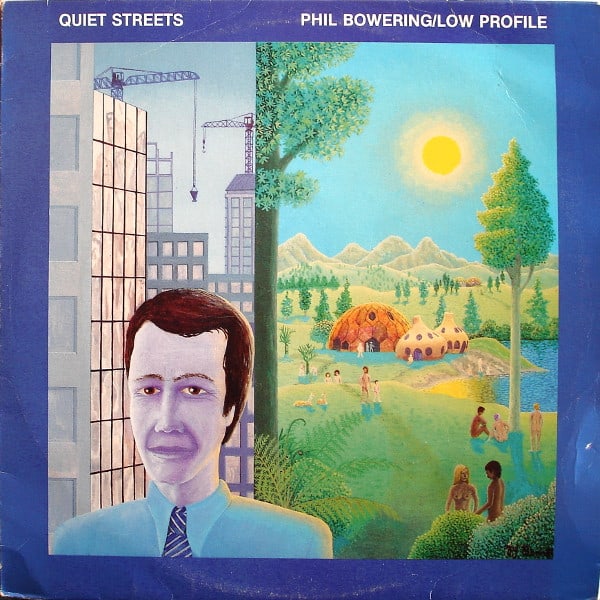 “Philbo” himself has a musical history stretching back to 1978 when he played “advanced jazz-rock” in a band called Outlines. This group also featured Steve Garden on drums, before his kit dragged him off to Auckland.
“Philbo” himself has a musical history stretching back to 1978 when he played “advanced jazz-rock” in a band called Outlines. This group also featured Steve Garden on drums, before his kit dragged him off to Auckland.
“I always wanted to play jazz”, says Philbo. “But by the early ‘70s I had an overwhelming desire to play funky music.”
As the ‘70s churned on he found “the whole jazz-rock thing became too pretentious and too cluttered – the clarity got lost.”
Aside from attending jazz clinics and working at Victoria University’s Music Department he also found time to form The Protons in 1980 with guitarist Tony Richards.
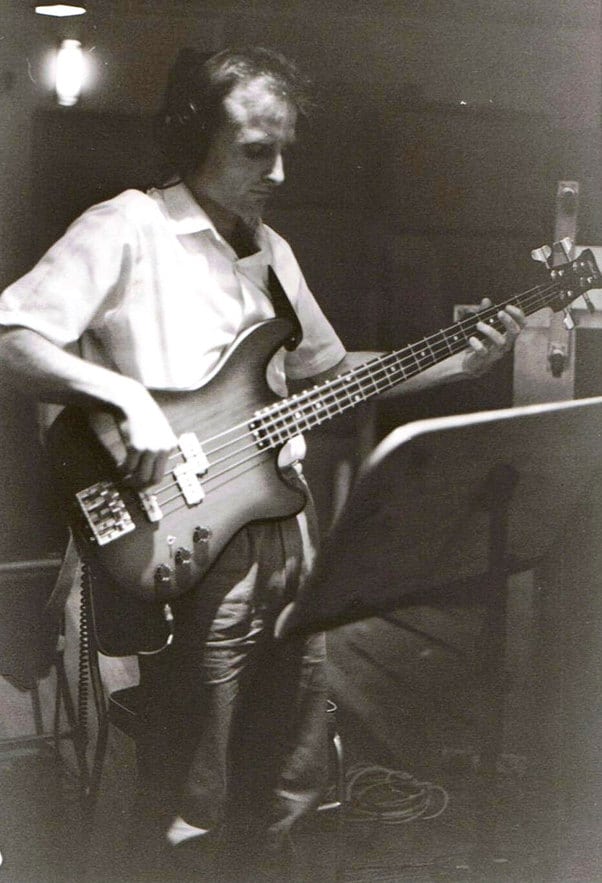 For one reason or another, the band went nowhere. “We’d use performances to try things out. I guess people must have found it quite hard to deal with us,” says Philbo.
For one reason or another, the band went nowhere. “We’d use performances to try things out. I guess people must have found it quite hard to deal with us,” says Philbo.
The local new wave musicians found it hard coming to terms with the fact that The Protons could actually play their instruments.
“They were trying to aspire to something through learning, whereas we had actually learned and we were trying to apply our learning to something which was going to get through to people.”
The Protons released one single, ‘Lights Out’ in June 1981, but they were already a spent concern. In January, they had played at Nambassa Festival. With the money they expected for playing there, the band had booked time in an Auckland recording studio.
But Nambassa bombed, couldn’t pay the bands and “we ended up in Auckland with all this studio time booked. That killed The Protons.”
After The Protons, Phil dabbled with Flamewave and The Sniffing Egyptians, “trying to get a direction.”
The Truxton nuclear warship’s visit to Wellington harbour in 1982 mobilised Bowering into releasing the protest song ‘Wolves Of Power’. More than one Truxton sailor was seen buying the item, but the general public did not. Phil sees the single as “not focussed, just one cry of anguish, a trial run.”
So came July. “Something said ‘go to Auckland’, so I went.”
He made contact with Steve Garden, and by the end of the week had recorded three demo tracks which were later to form the basis of Quiet Streets: ‘Alone Tonight’, ‘Glass Cage’ and ‘Insurrection’.
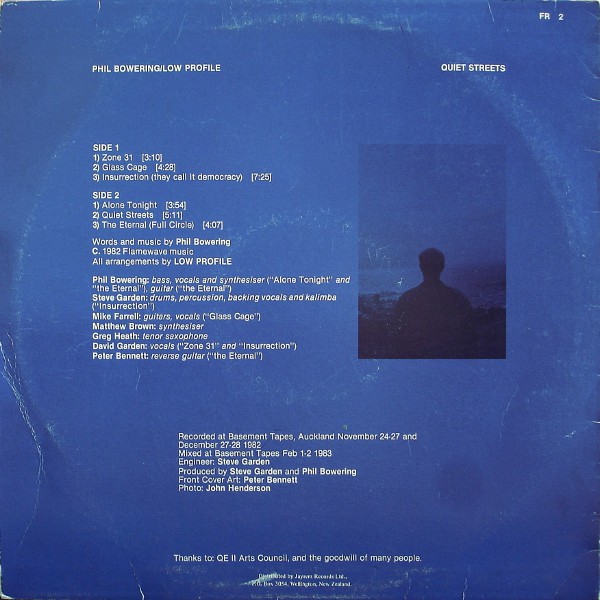 But what compels a musician who could make an excellent living doing session work to create music with messages?
But what compels a musician who could make an excellent living doing session work to create music with messages?
“It’s an inner motivation,” says Phil.
Phil’s next musical undertaking is always up in the air. He may release a novelty single mid-winter to cheer the nation. He may continue research on his ‘pulse’ project, Moving Lines. But he won’t be doing the predictable, or the expected.
Meanwhile, he’s doing his bit for the up-and-coming teaching bass. “I have an appreciation of people coming up and the problems they face, and I’m in a position where I can help others get that proficiency together. And it’s good for me, because they say ‘how do you do that?’ and I go, ‘hold on…’ It really makes you go back to the basics.”
And I’m feeling much better as Phil heads off into the night. He’s just given my back a massage, and I can walk again.
+ Story originally published on the 8th of May 1983 in The Times. Phil was a quirky, driven individual who went on to make the acclaimed single ‘Elephunk In My Soup’. I can reveal that his special massage for what turned out to be ankylosing spondylitis involved simply holding his hands a few centimetres above my back muscles. I swear it worked!
My profile on Phil Bowering can be found here: https://www.audioculture.co.nz/profile/phil-bowering
Philbo!
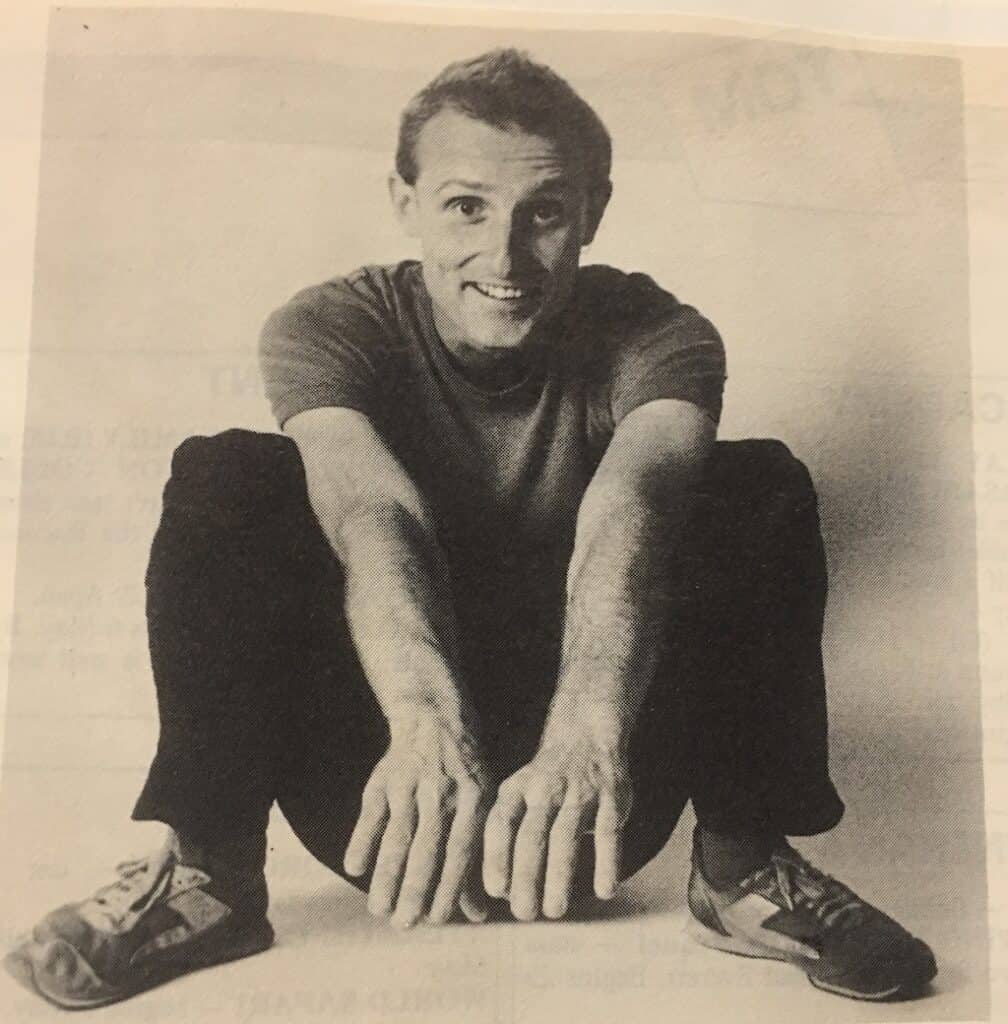 An excellent local mini-LP appeared in the shops last week with scarcely a whisper, like so much other unspecified product before it. But this time, the man behind the record is determined that people will at least know of its existence and have the opportunity to hear it – in a quiet fashion.
An excellent local mini-LP appeared in the shops last week with scarcely a whisper, like so much other unspecified product before it. But this time, the man behind the record is determined that people will at least know of its existence and have the opportunity to hear it – in a quiet fashion.
Phil Bowering knows the belligerent method – bludgeoning your audience into a state of higher consciousness – doesn’t work. He’s been through that as bassist and songwriter in The Protons.
He’s reached the conclusion that making overt statements of protest through music only endears you to other protestors – preaching to the converted – and still doesn’t sell records, as the Truxton single ‘Wolves Of Power’ taught him.
Quiet Streets is the result of years of experimenting with different attitudes, methods and moods. For Philbo, it’s a necessary climax to one phase and the beginnings of another for an individualistic musician who, despite having all the ‘chops’ for regular commercial success, determines a different path for himself by caring about what he’s playing.
“The idea (of Quiet Streets) goes back to the idea that you can only take people with you if you walk towards them a little bit first. You’ve got to make the effort to communicate with people and then you can draw them into your own space.”
The mini-LP started as a bunch of demos recorded last November with old cohorts now based in Auckland. The songs were written in a period of isolation at Breaker Bay some time ago. Things finally came to sudden fruition while Phil was working with at least three Summer City bands in February. He had a Wednesday off: I went up to Auckland on Tuesday night – went on the night train. I was in the studio by 10am the next day.” Things went perfectly from there, and Phil came back to Wellington with a spool of great tape.
While the music is enjoyable, the messages are serious. Phil has political and spiritual convictions which are as important, in a different way, as the music he plays.
“We’ve got major challenges to face. Just about all over the world governments are functioning on very incumbent power bases. That resistance to change, that whole bureaucracy, the institutionalisation of energy. The whole politics of delay – world hunger is a manifestation of world resources not getting to the right places at the right time. The insularity of the situation where you’ve got people saying ‘I’m alright, I’ve got a nice house, I’m not hungry.’ The whole ‘Insurrection’ (one of the songs on Quiet Streets) idea of people being so comfortable that they’ve forgotten something.”
Phil Bowering’s a hard man to knock. One of the few truly honest, non-elitist people around, he’ll have a lot more energy to give yet.
And what about the name given to the group that shares the credit, Low Profile? “The thing about a low profile is that you can actually get things done without people distracting you too much.”
+ The above piece originally appeared in the third issue of TOM magazine in 1983.





